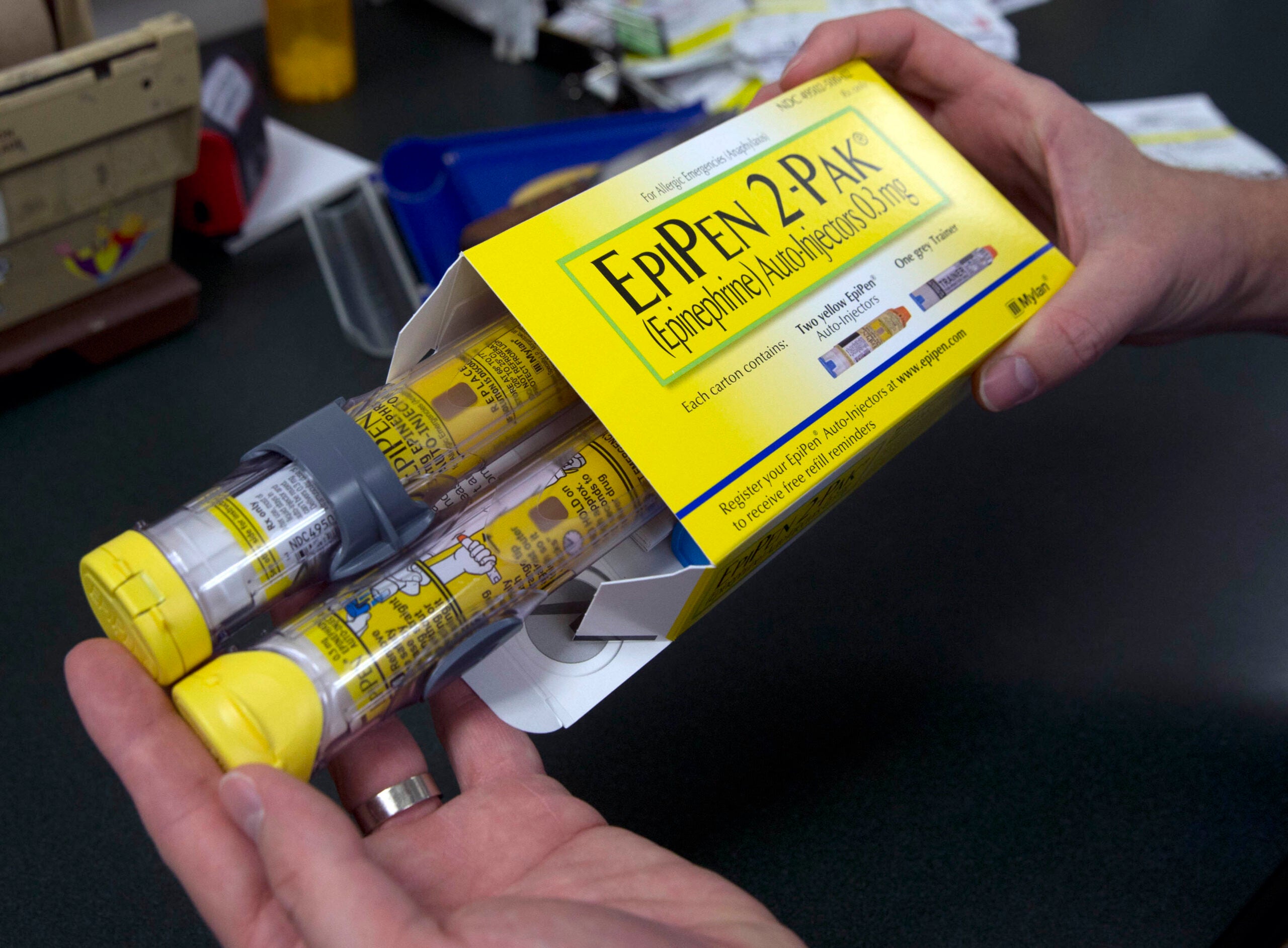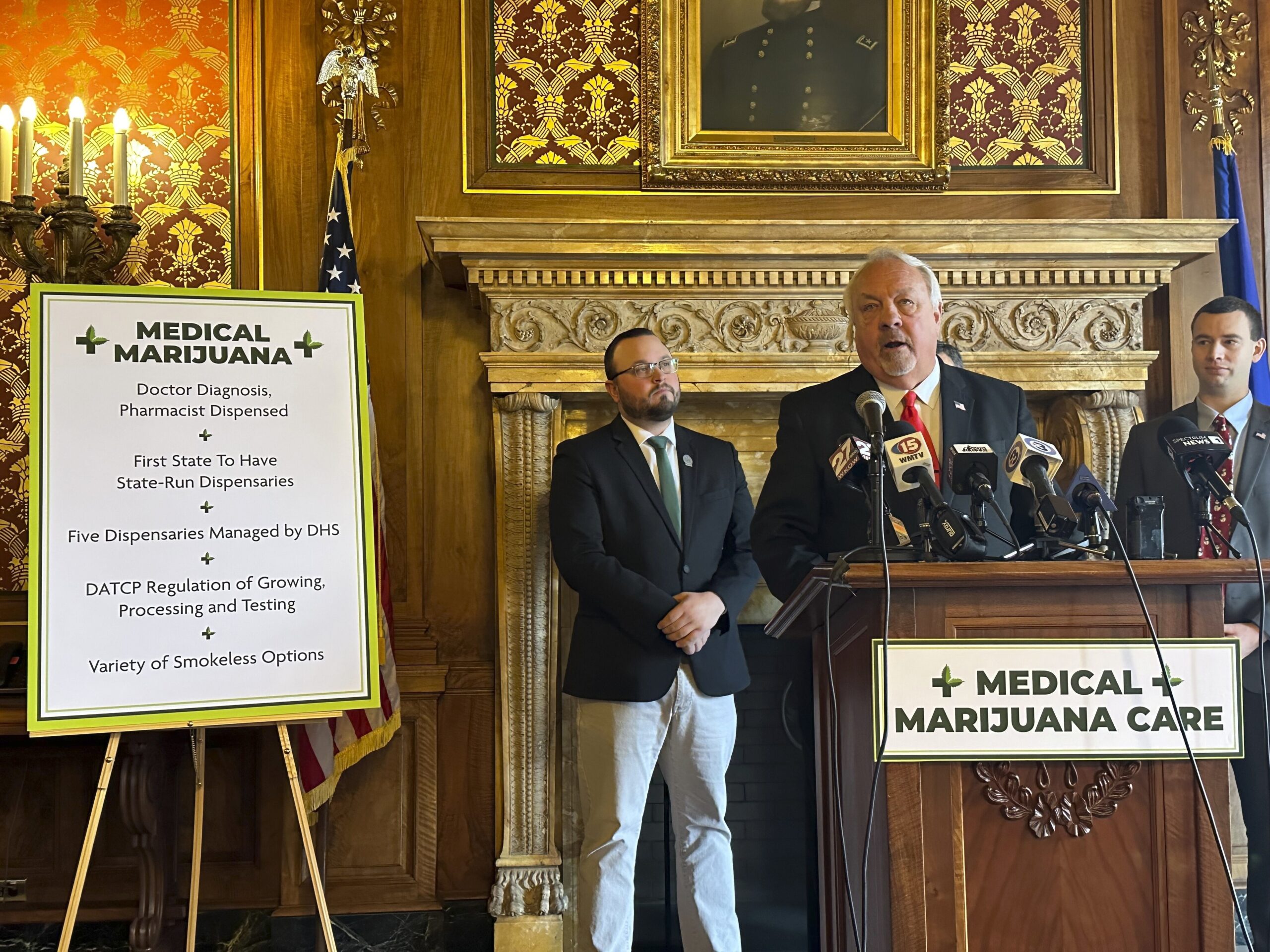Wisconsin failed MADD’s national drunk driving report. Veronica Rueckert and Cynthia Schuster hear how Wisconsinites react to the news. Then they learn how to respond to medical emergencies in this week’s “Teach Me What You Know” segment and hear how Americans aren’t reading foreign literature.
Featured in this Show
-
EMS Expert Offers Tips On How To Save A Life
Nobody wants to imagine the worst — whether it’s a heart attack, a choking event or a home fall — but they happen just the same.
Being prepared can be one useful tool in a response kit, which can mean thinking ahead, educating oneself, or getting training for emergency situations.
Joshua Kowalke, president of the Wisconsin EMS Association, has made a career of being prepared. He said there are some general guidelines that can help in a medical emergency if someone isn’t a trained professional.
The most important thing, said Kowalke, is simple: “Make sure 911 has been called,” he said.
It can be challenging to keep cool in a crisis, but it’s vital to pass on the necessary information to the 911 operator, he said. “Tell her where you (are),” advises Kowalke, that way, help can get to the person needing help.
Falls represent the most common instigator of 911 calls, according to Kowalke. Many falls happen in the home, due to area rugs, cords and other tripping hazards.
When someone comes to the aid of someone who’s fallen, “see what their orientation is,” said Kowalke. He added that it’s important to make sure the person who has fallen seems like themself and knows what’s going on. If they’re not disoriented or injured, it’s fine to help them, maybe ease them back into a chair.
Of course, sometimes moving someone is a dangerous idea, he said. It’s important to leave a person where they are if they shows signs of head pain, back pain or neck pain, Kowalke instructs.
Choking is another emergency that can happen suddenly. Kowalke said in cases of choking, the Heimlich maneuver is still the way to go. Here’s his basic instructions: “Place your fist just above the belly button and the other hand on top of it … squeeze inward and upward.” The Heimlich should be done quickly and with force so air in the lungs can be used to free the breathing passage, he said.
Beyond that, professional training courses in CPR are useful, as is keeping calm. Kowalke’s advice: “Remember to breathe.”
-
Americans Aren't Reading International Literature Because Of Major Publishers, Journalist Says
Only 3 percent of everything published in the U.S. is translated from another language — and that number includes computer manuals and other technical materials.
Independent journalist Anna Clark said she believes it’s a shame that Americans don’t read more books from beyond our borders.
“I personally as a reader, I mean I can’t even begin to describe how much I think that I’ve gained emotionally, intellectually, spiritually even by reading beyond our borders,” Clark said.
Why are we missing out on so much? Clark said there’s a sense that American readers aren’t interested in foreign books, but she thinks that’s a lazy explanation.
“I think the truth is … a lot of major publishers have some difficulty in being agile enough and responsive enough to the best writers around the globe in terms of literary scouting, in terms of finding and vetting translators, in terms of actually bringing these books to market,” she said.
Historically, the best writers being translated in the U.S> today are from independent publishers and from rogue translators. Clark said translating isn’t an art that is valued — even in academia.
She said that publishing a translated book is more difficult than printing a book written in English. It involves getting a translator, potential difficulty communicating with the writer and more steps in the publication process.
So, what can you do to encourage publishers to look beyond our borders for the next big thing in literature?
“The most important thing to do is to read, to buy, to talk about, to reveiw, to engage with a lot of the really amazing work that is being published,” she said. “Because while it is a too-small number, there is quite a lot out there and I think if we engage with what is there, I think we can demonstate the sort of market forces that major publishers will pay attention to.”
-
Why America Is Missing Out On International Literature
Only 3% of everything published in the United States is translated from another language, and most of it is technical material. That’s according to a journalist, who says American readers aren’t being served, and we’re missing out.
-
Mothers Against Drunk Driving Gives Wisconsin Poor Rating
Mothers Against Drunk Driving (MADD) gave Wisconsin a two out of five in the state’s efforts to prevent drunk driving. An expert from MADD explains why Wisconsin was rated so poorly and what legislation is in the works that could help prevent drunk driving in the future.
-
Teach Me What You Know: Responding To A Medical Emergency
Each week we spend fifteen minutes learning something new from an expert on our “Teach Me What You Know” segment. This week we learn how to respond to a medical emergency.
Episode Credits
- Cynthia Schuster Host
- Veronica Rueckert Host
- Joshua Kowalke Guest
- Anna Clark Guest
- Frank Harris Guest
- Amanda Magnus Producer
- Chris Malina Producer
- Galen Druke Producer
Wisconsin Public Radio, © Copyright 2025, Board of Regents of the University of Wisconsin System and Wisconsin Educational Communications Board.



